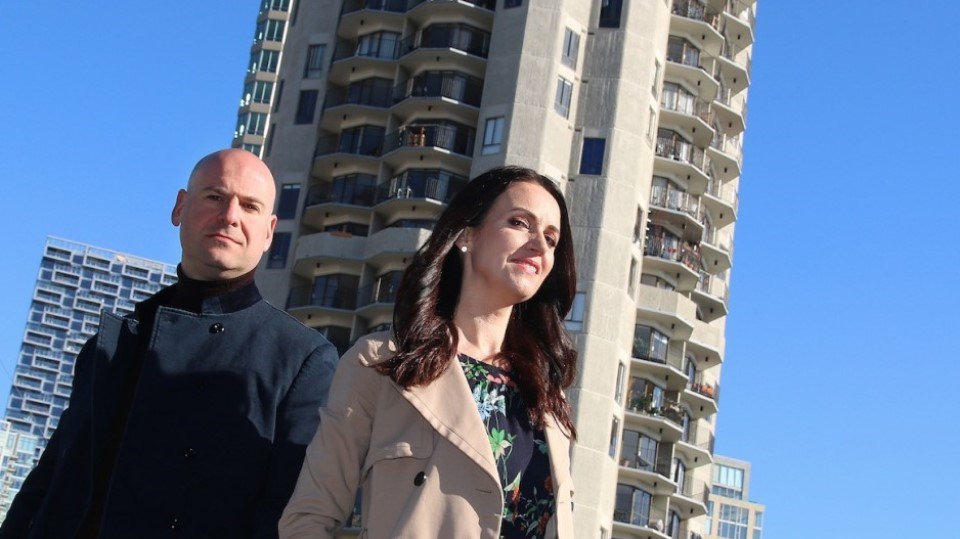Landlords in B.C. will be able to raise rents in 2023 by much less than inflation.
The provincial government has set the maximum allowable rent increase for 2023 at two per cent — far less than the nearly 5.4 per cent that would have been allowed had the government benchmarked the increase to inflation.
Goodman Commercial Inc. partner Cynthia Jagger explained to BIV that the traditional method of calculating inflation for the purpose of rent increases would be to measure Statistics Canada inflation data from August 2021 through July 2022.
"We ran the numbers," she said of herself and partner Mark Goodman. "The rate should have been 5.35 per cent, which would have been rounded up to 5.4 per cent, based on the CPI (Consumer Price Index) formula."
She and Goodman are also principals of the Goodman Report blog in which they examine real estate issues.
Jagger pointed to a blog report from June in which they calculate inflation for a representative rental building with fewer than 100 units in the City of Vancouver.
Their calculation was that property taxes for the structure had increased 12 per cent during the previous two years while insurance costs were up 250 per cent, heat and light costs were up 55 per cent and water and sewer rates were up 18 per cent.
"A two per cent rent increase is obviously not enough to cover those types of increases," she said.
Rising interest rates are also cutting into many landlords' current and future bottom lines. The Bank of Canada today hiked its policy interest rate by 75 basis points to 3.25 per cent.
"You have to look at landlords who are servicing debt," said Goodman.
He said many landlords have mortgages with 1.5 per cent interest rates.
"They're locking in at four per cent," he said of those who renew mortgages. "When you combine that with these massive increases in costs, it becomes troublesome for the housing providers to maintain buildings."
The result of that, he added, is that many people are deciding not to become landlords.
B.C.'s housing minister Murray Rankin suggested that his government's move was a compromise.
"By setting the maximum annual allowable rent increase for 2023 at two per cent, we're helping renters keep more money in their pocket[s]," he said in a statement.
"We also recognize that landlords are facing the same inflationary pressure, and we are committed to ensuring that landlords can make the necessary repairs and upgrades to their rental units so they can provide housing for years to come."
Quest University political science instructor Stewart Prest told BIV that the New Democratic Party (NDP) government was trying to appear "centrist" by capping rent increases at two per cent.
"Critics will say 'it is really unfairly punishing landlords,' and I think other critics will say 'it's not doing enough for renters who are feeling the pressures of inflation,'" he said.
A more left-wing position on rents would be to follow what Tenant Resource and Advisory Centre lawyer Zuzana Modrovic told BIV in April would be the best way for the government to keep rents low: to limit landlords’ ability to hike rents for new tenants after previous tenants have moved out.
Then housing minister, and current front-runner in the NDP's leadership race, David Eby, told BIV at the time that he would not do this because developers have told him it would make building rental units economically not viable.
“That leaves you in a situation where government is then responsible for building all of the rental housing, or significantly more than we currently are, and that’s not a realistic scenario for B.C.,” Eby said. “We have other things to prioritize, like [building] schools and hospitals.”



